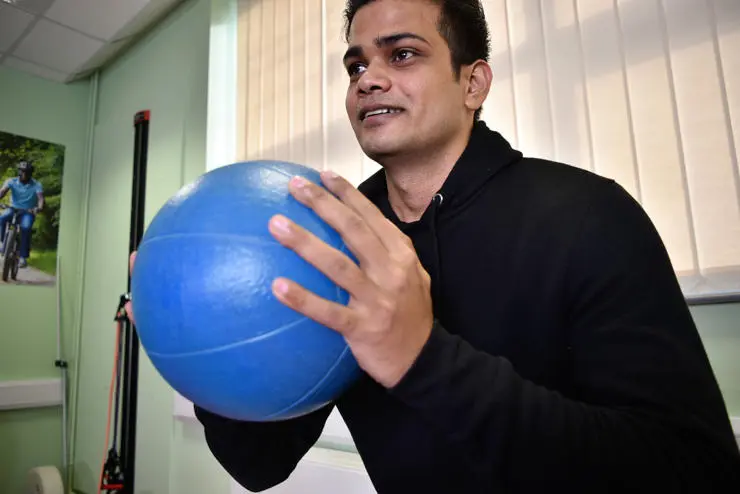The Kingdom of Saudi Arabia is renowned for its high incidence of type-2 diabetes mellitus, with a prevalence rate of around 33%, which is expected to increase to 45.8% by 2030. Engagement in regular physical activity has been shown to significantly attenuate non-communicable diseases including type-2 diabetes.
However, the overall rate of physical inactivity among Saudi Arabian adults is currently 80.5%, owing to time pressures, high-density traffic, poor air quality, lack of suitable exercise places/sports facilities, lack of social/friends support, gender, cultural barriers, low self-confidence, lack of time and environmental factors.
Therefore, given high incidence of type-2 diabetes mellitus and the aforementioned barriers to physical activity in Saudi Arabia; a home-based physical activity may be an ideal solution.
This aim of this research project is to undertake a randomized control trial, examining the effects of a home-based physical activity intervention in Saudi Arabian adults with type-2 diabetes.

Primary goals and objectives
-
To improve disease management and quality of life in Saudi Arabian type-2 diabetes patients.
-
The findings from this trial will provide important clinical information regarding the non-pharmacological management of type-2 diabetes using home-based physical activity
To improve disease management and quality of life in Saudi Arabian type-2 diabetes patients.
The findings from this trial will provide important clinical information regarding the non-pharmacological management of type-2 diabetes using home-based physical activity
Related pages
BiZiFED Project: Capacity Building for Researchers in Pakistan
Information about Capacity building by working in partnership with researchers in Pakistan at the University of Central Lancashire
Friday 16 November 2018UCLan achieves triple success at prestigious industry awards
Educate North Awards celebrate excellence and best practice in the education sector
Friday 8 April 2022UCLan academic reaches top of educational podium
Dr Jonathan Sinclair becomes only the third UCLan researcher to receive a Higher Doctor of Science
Thursday 15 December 2022

